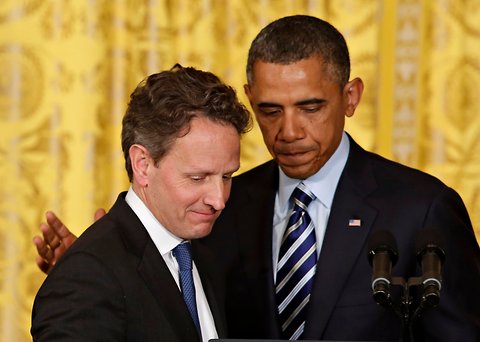HONG KONG — The economies of developing Asia appear to have settled into a new growth path that will allow the region to expand by between 6 percent and 7 percent a year — a pace that is significantly slower than that seen before the global financial crisis, yet represents a firm trajectory that could last over the next decade.
“It looks like we’re in a new trend,” said Changyong Rhee, the chief economist of the Asian Development Bank, which on Tuesday released its new forecasts for emerging Asia. The region spans developing countries like China, India, Indonesia and Thailand, but not Japan.
After relatively muted growth last year, when the region expanded by 6.1 percent, developing Asia is expected to pick up speed again with growth of 6.6 percent this year and 6.7 percent next year, according to the bank’s projections.
“The era of double-digit growth is over,” Mr. Rhee said. But, he added in an interview in Hong Kong, the United States is showing signs of recovery, and the euro zone likely to “muddle through” its debt crisis for the foreseeable future. That backdrop leaves developing Asia enjoying a relatively stable growth that was not yet visible just six months ago, when the development bank made its last projections for the region.
Faster growth in China — by far the region’s largest economy — and what Mr. Rhee called the “remarkable” resilience of southeast Asian economies have been the main drivers of growth there growth, lifting domestic consumption and intraregional trade, and in the process also reducing the region’s reliance on the world’s advanced, and slower-growing, economies.
Growth, however, will be very uneven, with China likely to grow at between 7 percent and 8 percent; the Asean region, comprising countries like Thailand and Malaysia, growing around 5 percent; and more developed economies like Hong Kong, Singapore or Taiwan expanding at little more than 3 percent.
Moreover, events in other parts of the world continue to pose major potential risks to Asia.
Among them, the development bank said, are the wrangling over the U.S. debt ceiling and the struggles to implement austerity measures in Europe. Border disputes within Asia, potential asset bubbles inflated by the monetary stimulus efforts of the world’s developed economies, and the possible reversal of capital inflows once that monetary stimulus ends also represent risks to Asia.
The Asian Development Bank also issued a stark warning on Asia’s rapidly growing energy needs. The region, the bank said, is moving along a “dangerously unsustainable energy path” that “could result in environmental disaster” and increase the region’s reliance on the oil-exporting nations of the Middle East.
“Asia could be consuming more than half the world’s energy supply by 2035, and without radical changes carbon dioxide emissions will double,” Mr. Rhee said. “Asia must both contain rising demand and explore cleaner energy options, which will require creativity and resolve, with policymakers having to grapple with politically difficult issues like fuel subsidies and regional energy market integration.”



